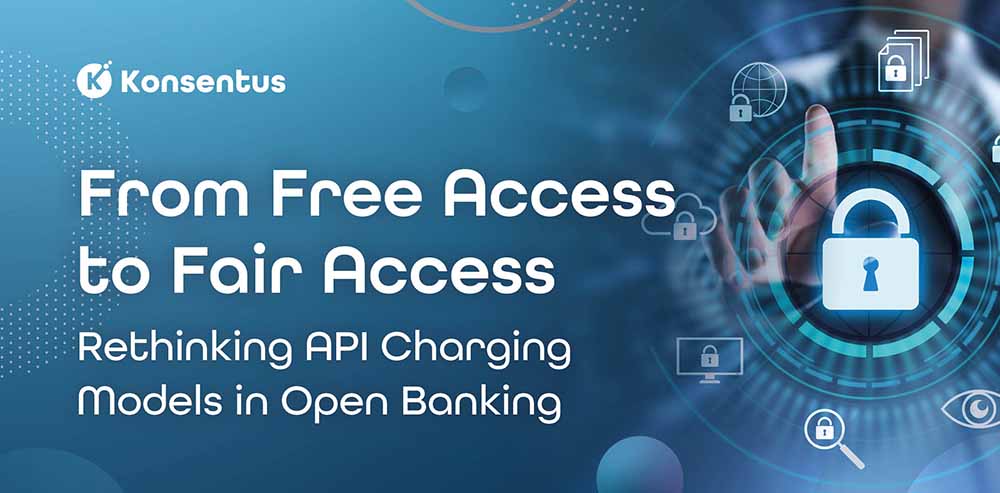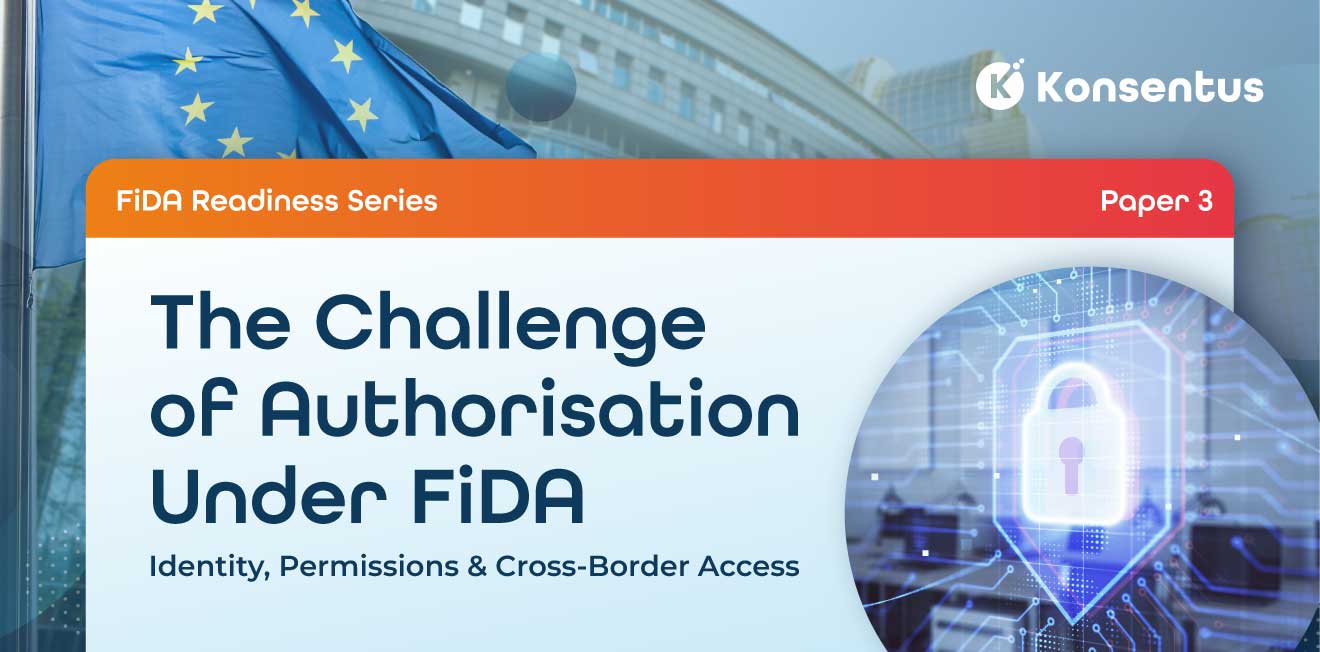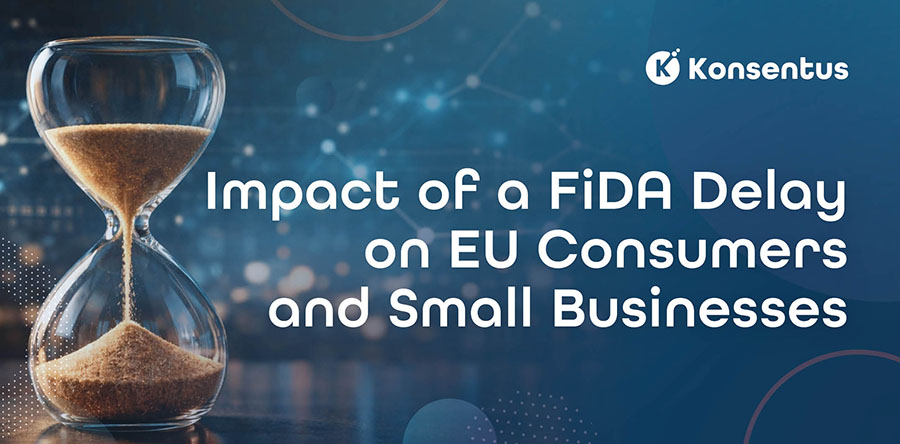The global debate around data access fees in open banking has taken a sharp turn with JP Morgan reportedly planning to charge third parties for access to their APIs. This development has reignited conversations about who should bear the cost of enabling customer data sharing. While the move is centred in the U.S., the implications resonate globally.
Over the last few days, especially on LinkedIn, there has been considerable commentary around JP Morgan’s intent to levy charges on third-party providers (TPPs) for accessing APIs that facilitate the sharing of customer banking data. The issue sits at the intersection of consumer rights, innovation and infrastructure costs and is emotionally charged in every jurisdiction where open banking is being implemented or considered.
Fintechs, for understandable reasons, advocate for free access to customer consented data. From their perspective, the data belongs to the customer, and if that customer explicitly wishes to share it with a fintech provider to receive enhanced services, there should be no cost attached, not for them and certainly not for the consumer.
However, this viewpoint often overlooks the practical realities for data holders, particularly traditional banks. Providing secure, reliable and interoperable APIs is far from simple. It involves integrating new digital services into legacy infrastructure, maintaining service levels, ensuring data protection and security and incurring ongoing compliance and support costs. These are not insignificant tasks, and the associated investment is substantial.
In Europe, the Second Payment Services Directive (PSD2) mandated that Account Servicing Payment Service Providers (ASPSPs), typically banks, must provide regulated third parties with access to customer data, if consent is given, via secure communication interfaces, usually APIs. Crucially, PSD2 prohibits ASPSPs from charging for this access.
While this approach successfully kickstarted Europe’s open banking ecosystem, it came with trade-offs. Many ASPSPs lacked sufficient commercial incentive to invest in robust, high-performance APIs. This led to inconsistent service quality and frustrated third-party providers who were relying on dependable data access to power their propositions.
Recognising this, the European Commission’s proposed Financial Data Access (FiDA) regulation, part of the shift toward Open Finance, aims to strike a more sustainable balance. Under Article 5 of the draft regulation, data holders will be entitled to claim compensation from data users for making customer data available. Furthermore, Article 10 requires that data holders become members of a Financial Data Sharing Scheme, which will define standardised compensation models to ensure consistency, transparency and fairness across the market.
JP Morgan’s proposal represents a commercial model where data holders independently set their access charges. Without overarching regulatory frameworks like those being developed in Europe, this could result in fragmented pricing across different banks and financial institutions. For fintechs, this variability adds uncertainty and complexity to business case development, potentially stifling innovation.
In contrast, Europe’s emerging framework proposes a single, scheme-based commercial model. This not only ensures transparency and consistency but also provides fintechs with the clarity they need to plan and scale, while offering data holders a structured means to recoup infrastructure investments and maintain service quality.
So, should data holders be allowed to charge for data access? I believe the answer lies in striking the right balance.
Certain basic account information, such as balance data and standard transaction history, could reasonably remain free to access. These datasets are essential for most fintech use cases and form the backbone of open banking innovation.
However, beyond these basics, there’s a strong argument for charging for value-added data or premium access. Doing so incentivises data holders to maintain high-performing APIs and encourages healthy market dynamics.
There is no universally “correct” approach when it comes to charging for data access in open banking. What matters most is clarity and consistency. Standardised, transparent pricing models are essential. They provide fintechs with predictability to support their product development and go-to-market strategies, while enabling data holders to develop sustainable revenue streams to fund the technical infrastructure that underpins open banking.

Brendan Jones
COO Konsentus




